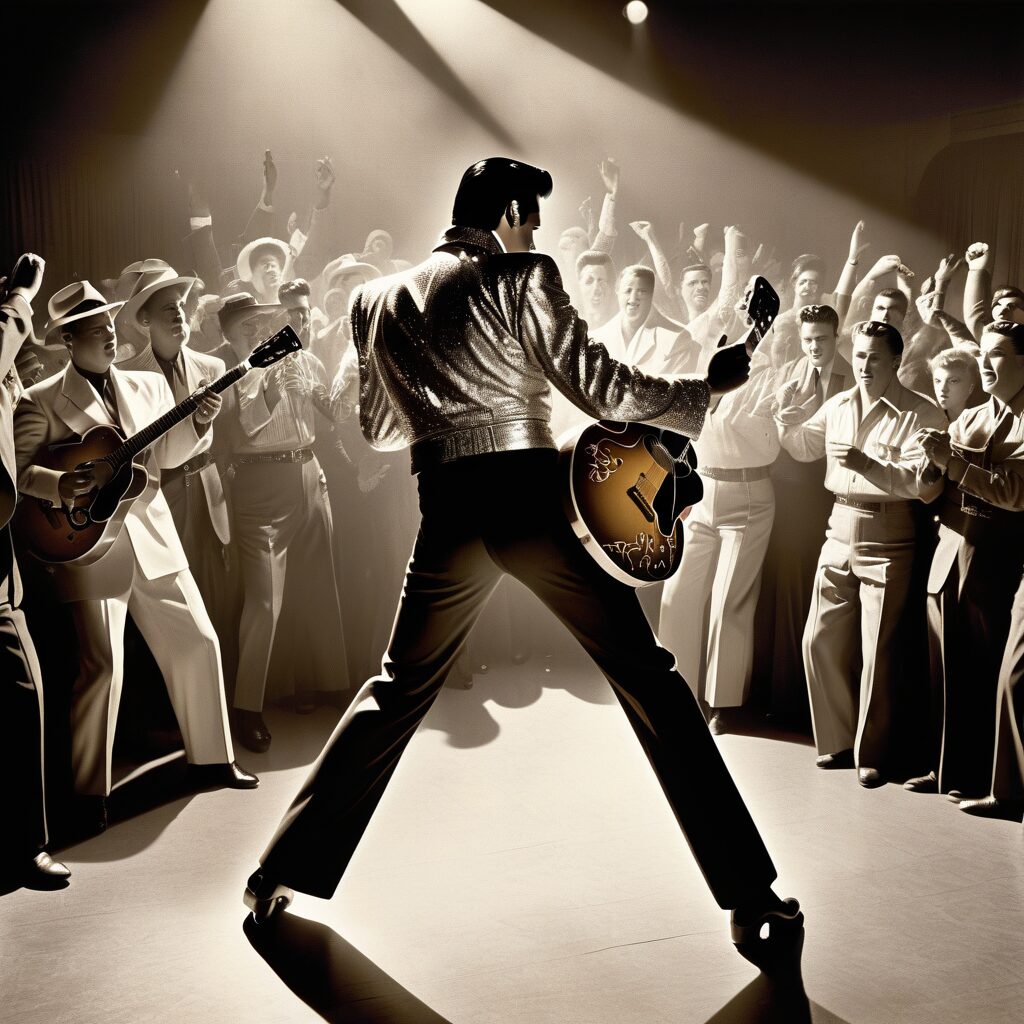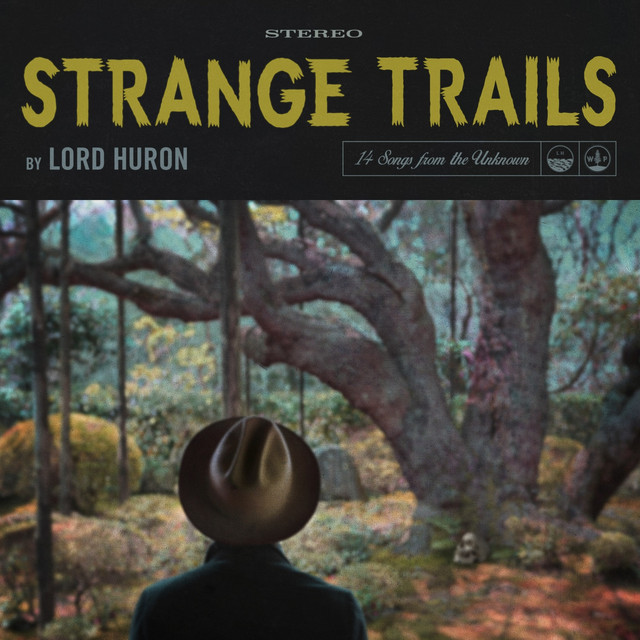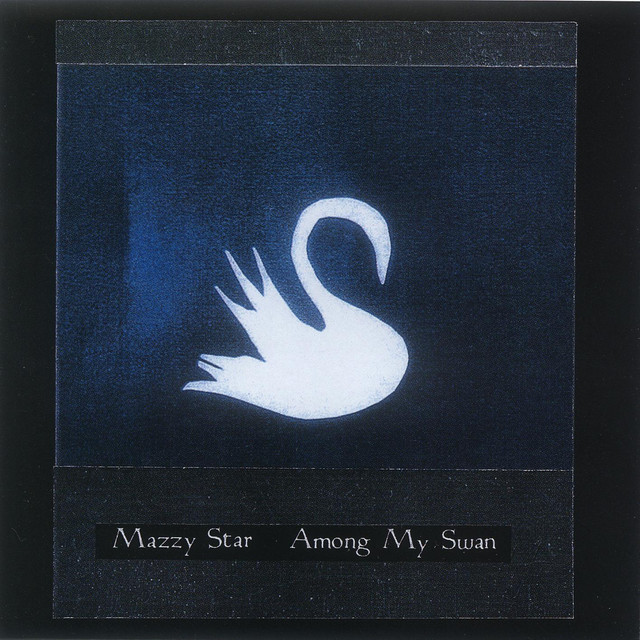Heartbreak Hotel
Stats for “Heartbreak Hotel” by Elvis Presley:
- Release Date: January 27, 1956
- Genre: Rock and Roll
- Length: 2:07
- Songwriter(s): Mae Boren Axton, Tommy Durden, and Elvis Presley
- Billboard Hot 100 Peak Position: #1
- Overview of “Heartbreak Hotel”
- About the Composition
- Lyrical Content
- Contributors
- Critical Success
- Cultural Impact
- Key and Pitch
- Instrumentation and Vocal Elements
- Keys to Playing or Singing
- “Heartbreak Hotel” Lyrics Interpretation
- Lyrical Structure and Subject
- AABB Rhyme Pattern
- Key of the Lyrics
- Singing Rhythmic Patterns
- Storytelling in the Lyrics
- Story Explained
- Heartbreak Hotel by Elvis Presley (1956)
- Heartbreak Hotel – Chord Progression
- Genre of “Heartbreak Hotel”
- Founding of Rock and Roll
- Elvis Presley’s Impact
- Contemporaries Comparison
- Similar Songs
- Genre Comparisons
- Contrasting with an Unrelated Genre
- Cryptic Clue
- Analysis of “Heartbreak Hotel” by Elvis Presley
- Recording Quality/Production
- Techniques Used in Recording
- Mixing and Mastering
- Effects Processing
- Special Equipment
- Conclusion
- Creators of “Heartbreak Hotel”
- Heartbreak Hotel: A Journey Through Emotional Architecture

Overview of “Heartbreak Hotel”
“Heartbreak Hotel” is a song recorded by American rock and roll musician Elvis Presley. It was released as a single on January 27, 1956, by his new record company RCA Victor.
About the Composition
The song is in the key of E major and has a tempo of 80 beats per minute. Its rendition is characterized by Presley’s famously stirring vocal performance paired with a simplistic yet memorable instrumental background.
Lyrical Content
The lyrics of “Heartbreak Hotel” relay a story of sorrow and loneliness, a notable shift from Presley’s prior focus on love and romance. This change was seen as an evolution for Presley’s music and significantly contributed to the success of the song.
Contributors
“Heartbreak Hotel” was penned by Mae Boren Axton along with Tommy Durden and Elvis Presley. The song’s creation was inspired by a news report of a man who committed suicide along with the note “I walk a lonely street,” which became a key lyric within the song.
Critical Success
The song was Presley’s first number-one hit on the Billboard pop singles chart and topped Billboard’s Country and Western and rhythm and blues charts simultaneously.
Cultural Impact
“Heartbreak Hotel” marked a pivotal moment in Elvis Presley’s career, signaling his breakthrough into the mainstream market. The song continues to hold cultural significance, with ongoing cover interpretations and media references.
Key and Pitch
Key: E Major
Pitch: Moderate Tempo, Haunting Tone
Instrumentation and Vocal Elements
Main Instrument: Electric Guitar – Bluesy, Reverb-drenched, Slapback Echo
Other Instruments: Bass, Piano, Drums
Unique Use of Instruments
The guitar sets the mood, a smoky and piercing sound. Slapback echo adds a haunting quality. It’s raw and sparse.
Prevalent Notes
Notes: E, A, B – Played with a walking bass line, simple 12-bar blues progression
Chug… Twang… Reek! – Represents the main guitar chord sound.
Vocal Description
Singing Style: Bluesy and Mournful, Deep Timbre
Metaphor: Elvis’s voice is a dim lightbulb in a dark room, flickering with emotion.
Phonetic Vocal Breakdown
Lyrics: “Well, since my baby left me” – Wail… reach out, heavy fall.
Harmony of Instruments and Vocals
Instrument and vocal harmony example: The climax of “so lonely” aligns guitar twang and vocal lament, creating a chilling resonance.
Keys to Playing or Singing
- Adopt a bluesy style.
- Use slapback echo for guitar.
- Emulate Elvis’s raw emotional depth.
The neon sign buzzed weakly, flickering a sickly pink glow against the rain-slicked asphalt. Johnny dragged his suitcase up the chipped concrete steps leading to the Heartbreak Hotel. The name alone seemed to taste bitter on his tongue, but it was where his feet had carried him. Without a word, the gruff desk clerk handed him a key, eyes glazed over and weary of more stories than he cared to hear.
The room was what he expected—dim, worn-out, haunted by memories of those who had sought refuge before him. Johnny tossed his suitcase onto the frayed bedspread, its springs groaning like an old man waking from a nap. There was a small table by the window where rain tapped incessantly, like fingers drumming a final farewell.
Johnny sat down heavily, his eyes falling on a worn-out guitar propped against the chair. Its varnish was cracked, speaking of countless ballads played for an audience of none. Picking it up, he strummed a few chords, each note rising like a ghost, filling the emptiness around him. He sang softly, words that mirrored the solitude of the peeling walls, a melody draped in sorrow yet oddly comforting.
For a moment, in that lonely room, Johnny and the hotel were one—each song a whispered promise to the spirits of heartbreak who roamed the halls, a testament to the loves lost and dreams shattered within its embrace. The final chord lingered in the air, tangible yet fading, as he rested the guitar against the chair once more.
“Heartbreak Hotel” Lyrics Interpretation
-
Verse 1: “Well, since my baby left me…”
Comment: Starts with a sense of loss. Sung with a slow, mournful tone.
-
Chorus: “I’m feeling so lonely, baby.”
Comment: Reiterates loneliness. Sung with deep emotion.
-
Verse 2: “Although it’s always crowded…”
Comment: Contradiction of being alone in a crowd. Sung with a hint of bitterness.
-
Bridge: “You make me so lonely I could die.”
Comment: Hits the peak of despair. Sung with intensity.

Lyrical Structure and Subject
The lyrics of “Heartbreak Hotel” follow a simple and repetitive structure. The subject revolves around themes of loneliness, heartache, and despair.
AABB Rhyme Pattern
The AABB rhyme pattern means each pair of lines rhymes with each other, creating a consistent and catchy flow.
Key of the Lyrics
The song is typically sung in the key of E major.
Singing Rhythmic Patterns
The rhythmic patterns are steady and straightforward, allowing the emotional weight of the lyrics to stand out.
Storytelling in the Lyrics
Yes, the lyrics tell a story.
Story Explained
In simple terms, the story is about a person who feels heartbroken and alone after a breakup. They stay in a place called the “Heartbreak Hotel,” which symbolizes their sadness and inability to move on from their lost love.
Heartbreak Hotel by Elvis Presley (1956)
Verse 1: Introduction of a lonely, broken-hearted person who checks into the Heartbreak Hotel.
Chorus: Catchy and repetitive, emphasizes the hotel as a place for those with broken hearts, filled with loneliness.
Verse 2: Continues to describe the emotional landscape of the hotel’s patrons, focusing on isolation and memories of lost love.
Chorus: Reiterates the hotel as a refuge for the loveless, emphasizing the depth of their despair.
Bridge: Brief shift in melody, highlighting the permanence of the heartbreak. No clear end to the sorrow.
Verse 3: Describes the environment of the hotel as dimly lit and gloomy, with other heartbroken individuals sharing their stories.
Chorus: Final repetition, solidifying the hotel’s status as a haven for those who have nowhere else to turn with their emotional pain.
Outro: A slow fade-out with lingering elements of the chorus, leaving a lasting impression of the heartbreak theme.

Heartbreak Hotel – Chord Progression
Main chords for the song are:
- A7
- D7
- E7
Chord Structure
The basic progression for the verses is:
A7 – D7 – A7 – E7 – A7 – D7 – A7 – E7
Chord Diagrams
A7:
D7:
E7:
Playing Instructions
1. Keep a steady rhythm, aim for a 4/4 time.
2. Strum or play each chord clearly. Use a slow tempo to start.
3. Experiment with palm muting for a different sound.
Finger Placement
A7: Index on 2nd fret of D string, middle on 2nd fret of B string.
D7: Index on 1st fret of B string, middle on 2nd fret of G string, ring on 2nd fret of D string.
E7: Index on 1st fret of G string, middle on 2nd fret of A string.
Expert Advice
Make sure your fingers are pressing down on the strings firmly to avoid dead notes. Listen to the original track to get the feel of the rhythm. Practice switching between chords until it’s smooth.
Genre of “Heartbreak Hotel”
“Heartbreak Hotel” is primarily classified as rock and roll, a genre that emerged in the early 1950s, blending rhythm and blues with country music elements.
Founding of Rock and Roll
Rock and roll originated in the United States, evolving from earlier genres like blues and jazz. Key figures like Chuck Berry and Little Richard laid the groundwork, but Elvis Presley is often credited with bringing it into mainstream culture.
Elvis Presley’s Impact
Elvis popularized rock and roll, combining energetic performances with strong vocal delivery. His style influenced numerous artists and helped to break racial barriers in music.
Contemporaries Comparison
Compared to contemporaries like Chuck Berry and Buddy Holly, Elvis had a broader appeal due to his charismatic persona and mainstream media presence. He merged R&B with a more polished pop sound.
Similar Songs
- “Blue Suede Shoes” by Carl Perkins – Like “Heartbreak Hotel,” it features strong guitar riffs and upbeat tempos but focuses more on danceability.
- “Jailhouse Rock” by Elvis Presley – Shares a similar theme of heartbreak and isolation, but with a faster tempo and more rock-oriented instrumentation.
Both songs emphasize catchy melodies and strong rhythms, but “Heartbreak Hotel” has a more mournful tone.
Genre Comparisons
Rock and roll sits between rhythm and blues and pop music. While rock and roll focuses on guitar-driven sound, rhythm and blues relies more on soulful vocals, and pop is centered around catchy hooks and production.
Contrasting with an Unrelated Genre
Comparing “Heartbreak Hotel” to “Billie Jean” by Michael Jackson (pop):
- Lyrics: Both songs deal with themes of heartbreak, but “Billie Jean” is more about accusation and denial.
- Instrumentation: “Heartbreak Hotel” has a raw, bluesy guitar sound, while “Billie Jean” features electronic beats and a polished production.
In essence, “Heartbreak Hotel” is grounded in rock and roll’s raw emotion, whereas “Billie Jean” represents refined pop aesthetics.
Cryptic Clue
In the realm where sorrow aligns, Solitary shadows dance on broken lines. Whispers of dusk in a place where a heart fell, Seek the door, enter the abode of despair and dwell.
Analysis of “Heartbreak Hotel” by Elvis Presley
Tone
The tone of “Heartbreak Hotel” is somber and melancholic. It reflects feelings of loneliness and despair. The lyrics convey a sense of loss and emotional pain. The singer expresses deep sorrow over a broken relationship. The overall mood is heavy, capturing the essence of heartbreak.
Tempo
The tempo is moderate, creating a feeling of sadness yet stagnant movement. It’s neither too fast nor too slow, allowing the listener to absorb the emotion in the song. The pacing emphasizes the singer’s pain and longing, contributing to the overall atmosphere.
Melody
The melody is simple and memorable. It rises and falls in a way that mirrors the ups and downs of heartbreak. The intervals create a sense of yearning. The beauty of the melody lies in its straightforwardness, making it easy for listeners to follow and feel connected to the emotion.
Rhythm
The rhythm maintains a steady beat throughout the song. It supports the lyrical content, giving the listener a consistent pulse. The use of syncopation adds depth, drawing attention to key moments in the lyrics. The rhythm reinforces the feelings of sadness without becoming too complicated or distracting.
Harmony
The harmony is basic yet effective. It uses common chords that create a sense of familiarity. The chord progressions are smooth, allowing the melody to shine. The harmony complements the somber tone of the song, enhancing the overall feeling of loss and heartache.
Overall Impact
Conclusion
In summary, “Heartbreak Hotel” is a poignant representation of loss and sorrow. Each element—from tone to harmony—works together to convey deep emotional pain. The song is a classic for a reason, and its relatable themes continue to touch listeners today.
Recording Quality/Production
“Heartbreak Hotel” was recorded in January 1956 at RCA’s Nashville studio. The production was straightforward but effective, leveraging the technology of the time.
Equipment Used: Typically, the sessions utilized 2-inch 16-track tape machines. RCA favored Ampex machines, known for their reliability and warmth in analog recording.
Techniques Used in Recording
- ****Live Tracking****: The band recorded together in one room to capture the energy of a live performance.
- ****Direct Input****: Elvis’s vocals were tracked with a Shure 55 Unidyne microphone, which provided a bright, clear sound. This mic was also favored for its ability to handle high sound pressure levels.
Mixing and Mastering
Mixing was done with emphasis on instrumental clarity. The balance between the vocal and instruments was critical, ensuring that the emotional delivery shone through.
The mastering process involved careful EQ adjustments to enhance the resonance of the drums and the twang of the guitar without losing vocal integrity.
Effects Processing
Reverb: A plate reverb was likely used, giving a sense of space without overwhelming the natural sound. This added depth, especially to vocals.
Compression: Moderate compression was applied to the vocals and drums to maintain presence while controlling dynamic range, ensuring consistency across playback systems.
Delay: Subtle slapback delay on the vocals created a sense of distance and presence, common in rock and roll at the time.
Special Equipment
- ****Microphones****: Shure 55 for vocals; likely dynamic mics for drums and instruments.
- ****Preamps****: RCA used high-quality tube preamps, contributing to the warmth and presence of the recordings.
- ****Recording Medium****: 2-inch tape, known for its fidelity and warm tonal characteristics.
- ****Outboard Gear****: Likely used vintage compressors like Fairchild or Teletronix LA-2A for leveling out vocal tracks.
Conclusion
The production of “Heartbreak Hotel” stands as a solid example of blending raw talent with the right tools and techniques, creating a timeless sound that resonates across generations.
Creators of “Heartbreak Hotel”
“Heartbreak Hotel” is a classic song that defined a moment in music history. Written by Mae Boren Axton, Tommy Durden, and Elvis Presley, it showcases the power of collaboration.
Mae Boren Axton
Mae Axton was not just a songwriter; she was a force in the music industry. She had a keen understanding of storytelling through lyrics. Her contribution to “Heartbreak Hotel” came from her personal experiences and the emotional depth she infused into the song.
Tommy Durden
Tommy Durden was a skilled songwriter, known for his narrative style. He co-wrote the song with Axton, bringing in concepts of loneliness and despair. Durden’s career, like many artists, involved ups and downs, but his work is a testament to resilience in the industry.
Elvis Presley
Elvis was not just the performer. His interpretation and voice transformed the song. His emotional delivery made “Heartbreak Hotel” resonate with a wide audience. He took the ideas from Axton and Durden and brought them to life, showcasing the power of artistic synergy.
Lessons for Creators
- Collaboration breeds creativity. Teamwork can lead to remarkable outcomes.
- Personal experiences shape impactful lyrics. Use your story.
- Resilience is key. The music industry can be tough, but persistence pays off.
The journey of “Heartbreak Hotel” reminds us that every song starts somewhere. With shared effort and passion, any creator can make a lasting impact.

Heartbreak Hotel: A Journey Through Emotional Architecture
Elvis Presley’s “Heartbreak Hotel” stands as a haunting metaphor for the human condition—a stark portrayal of loneliness that transcends mere romantic loss. The song’s structure embodies an emotional architecture where each verse and refrain serves as a room filled with echoes of despair.
The Hotel as a Symbol
The “Heartbreak Hotel” itself acts as a liminal space, a transient stop in the sprawling landscape of emotion. It’s not just a place for the broken-hearted; it’s a sanctuary for the disillusioned, a refuge for those who have lost their way. The facade of comfort is deceptive; instead of warmth, it breeds isolation.
Isolation vs. Connection
In the opening lines, there’s a stark contrast between the protagonist’s inner turmoil and the outside world’s indifference. The room in which his heartache resides is deeply personal yet fundamentally misunderstood. This amplifies the theme of isolation—heartbreak transforms into an almost physical presence.
Emotional Resonance
Elvis’s delivery adds to the song’s gravity. His voice evokes a visceral response, pulling listeners into the depths of sorrow as if they too were tenants at this bleak establishment. The rhythm mimics the heartbeat—slow and heavy—reflecting the weight of unrequited love and loss.
The Cycle of Despair
The narrative structure of the song suggests a cyclical nature of heartbreak. The repeated refrain not only reinforces the feeling of being trapped but also highlights how easily one can slip back into despair. Each line feels like another step deeper into the abyss, a haunting reminder of emotional entrapment.
Universal Themes
While the song is rooted in personal anguish, it resonates on a universal level. It speaks to anyone who has felt the sting of betrayal or abandonment. The vulnerability encapsulated within its walls fosters a shared understanding of pain, suggesting that heartbreak is not just an individual experience, but a collective human struggle.
Confronting Reality
Ultimately, “Heartbreak Hotel” is an invitation to confront the bitter realities of love. It strips away romanticism and exposes vulnerability, urging listeners to grapple with their own feelings. The hotel is not merely a metaphor; it is a mirror reflecting our own emotional states, both personal and collective.
A Final Departure
As the song progresses, one wonders if escape from this heartbreak is possible. Will the protagonist ever check out, or is he doomed to linger in the silence of his own sorrow? This uncertainty adds to the song’s complexity, making “Heartbreak Hotel” not just a lament, but an exploration of the human spirit in the face of inevitable suffering.
- Heartbreak Hotel on Official Website of Elvis Presley
- Article about Heartbreak Hotel on Rolling Stone
- Heartbreak Hotel Facts on Songfacts
- Remembering Heartbreak Hotel on Billboard
- Heartbreak Hotel Official Audio on YouTube




Leave a Reply